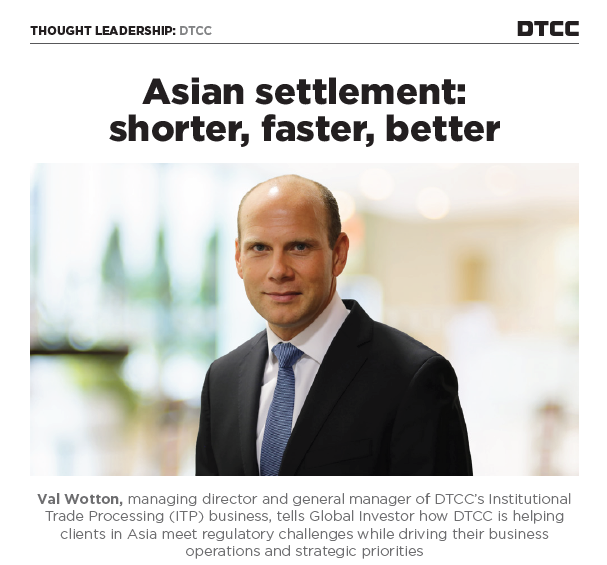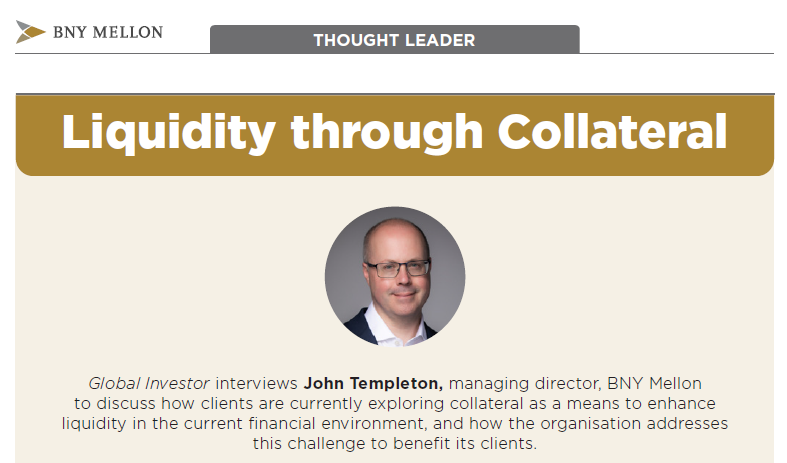MENA in the age of global uncertainty

MENA in the age of global uncertainty
Global uncertainty has impacted the Middle East and North Africa (MENA)
region’s financial markets in recent years.
This article is part of the 2023 MENA Finance Guide, which can be accessed here.
From geopolitical tensions to economic downturns, local markets have experienced significant challenges that have impacted clients, products, initial public offerings (IPOs) and costs. Fluctuating energy prices have also had an impact on the region’s economies, with countries that rely heavily on oil exports the most affected. With the MENA region aware of its historical dependency on oil, the first steps were quite obvious: diversify the economy away from these energy exports, and invest in other sectors such as tourism, technology, renewables and financial markets.
Various strategies are currently underway to ensure proper preparation is in place to address these developments. Clients have been impacted by global economic instability as well, with many opting for assets considered less risky such as gold and government bonds. This has led to a decrease in investment in so-called riskier assets such as equities and commodities.
Regional financial institutions are focusing on providing clients with innovative and diversified investment products, such as exchange-traded funds (ETFs) and mutual funds, that enable clients to invest in a variety of asset classes and geographies which may help mitigate the risk of over-exposure to a particular sector or market.
Another strategy to mitigate risk is improving transparency and governance in the financial markets which can help to improve investor confidence and attract more foreign investment. To achieve transparency, the government and regulatory bodies in the region are exploring the possibility of implementing stricter regulations and improving reporting standards.
The Dubai Financial Services Authority (DFSA) requires financial institutions to comply with international regulatory standards and conducts regular inspections to ensure compliance which in turn has a direct impact to clients. The Saudi Stock Exchange (Tadawul) has made it a requirement for listed companies to provide more detailed information to increased transparency and help investors make more informed decisions.
Companies leveraging technology and analysis tools to provide clients with real-time access to their investment portfolios are also helping mitigate potential risk. One of the world’s largest sovereign wealth funds, the Abu Dhabi Investment Authority (ADIA), has invested in Kensho, a US-based financial technology company that provides real-time data analysis and investment insights to institutional investors.
Investing in technology and innovation such as fintech start-ups, digital infrastructure and blockchain is helping the MENA financial markets remain competitive and attract new clients. The products offered by the MENA financial markets have also been impacted by global uncertainty, with many investors opting for less risky investment options. Additionally, some products, such as those offered under Islamic finance, have gained in popularity due to their perceived stability and investment principles.
Various other strategies to lower the risk exposure of some products and investment strategies such as collateral management have already been seen in the region. For instance, the Dubai Gold and Commodities Exchange (DGCX) offers a range of derivatives products, including futures contracts on gold, oil, and currency. The exchange ensures traders provide collateral for the trades, which is managed through a robust collateral management system. This reduces counterparty risk and ensures traders can meet their obligations.
Another method to reducing the risk of default is margin requirements. The Dubai Financial Market (DFM) requires investors to provide margin to ensure sufficient funds are available to cover losses when trading derivatives products. Hedging strategies are also being considered by companies such as the Abu Dhabi Securities Exchange (ADX) which offers a range of derivatives products, including futures contracts on equities and commodities. These products provide traders with an opportunity to hedge their risk and protect their investments from possible market volatility.
Organisations such as CME Group and the DFSA have upped the importance of investor education by providing guidance about the risks and benefits of trading derivatives products, helping investors make more informed decisions. Companies in the region are focusing on offering clearing services such as the Dubai Mercantile Exchange (DME) for its derivatives products, including futures contracts on crude oil which ensures trades are settled promptly and investors receive their payments on time, again, reducing the risk of default.
Ongoing uncertainty has also had an impact on IPOs, with many companies opting to delay them until market conditions improve. This has led to a decrease in the number of deals and in the amount of capital raised through IPOs in the MENA region. In order to mitigate impact risks on IPOs, companies are also diversifying their target investors, increasing transparency, assessing valuations to ensure reasonable IPO pricing to avoid overvaluation. This, in turn, reduces the risk of market volatility post-IPO.
Some examples of risk mitigation made to IPOs include the launch of the DFM’s Emirates REIT IPO, a real estate investment trust where the IPO was structured to attract a broad range of investors, including institutional investors, high net worth individuals, and retail investors. DME launched new derivatives products and carefully assessed the valuation of these products to ensure that they were priced accurately and reflected the underlying value of the asset.
Despite the challenges, the MENA region has shown resilience, by taking significant steps to mitigate potential risks and ensuring its markets remain competitive and attractive to investors. Moving away from the dependence on oil and investing in new sectors, improved transparency and governance, leveraging technology, and offering diverse investment products are some of the strategies being implemented.
With continued efforts to reduce risk exposure, educate clients and investors, and boost innovation, the MENA region’s financial markets are well-positioned to overcome the challenges posed by global uncertainty and thrive in the future.
Found this useful?
Take a complimentary trial of the FOW Marketing Intelligence Platform – the comprehensive source of news and analysis across the buy- and sell- side.
Gain access to:
- A single source of in-depth news, insight and analysis across Asset Management, Securities Finance, Custody, Fund Services and Derivatives
- Our interactive database, optimized to enable you to summarise data and build graphs outlining market activity
- Exclusive whitepapers, supplements and industry analysis curated and published by Futures & Options World
- Breaking news, daily and weekly alerts on the markets most relevant to you




